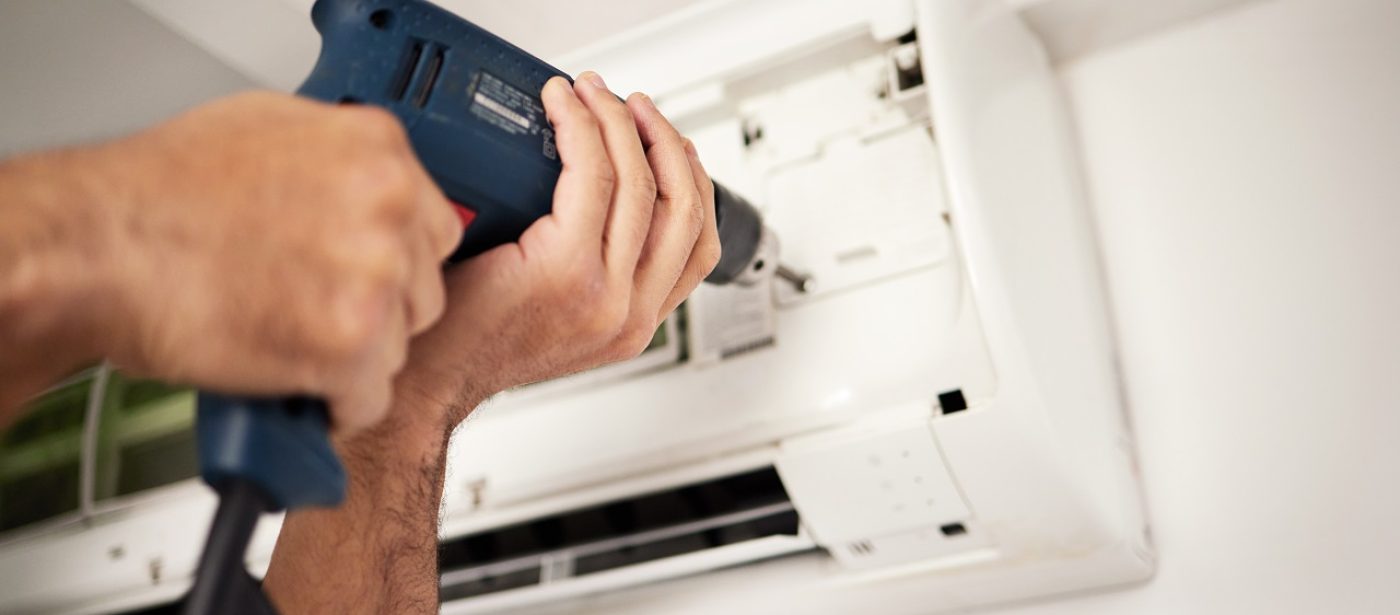Air conditioning units are essential for keeping homes comfortable, especially during the hot summer months. However, like any other appliance, AC units have a limited lifespan. Over time, they can become less efficient, leading to higher energy bills and less effective cooling. Knowing when it’s time to replace your AC can save you both money and stress.
Signs It’s Time to Replace Your AC
Recognizing the signs that indicate an AC replacement is necessary can save you from uncomfortable and costly situations. Here are some common indicators suggesting it’s time to consider a new unit:
Frequent Repairs:
If you find yourself calling for repairs more often than usual, it might be an indicator that your AC system is nearing the end of its lifespan. Continuous repairs can add up, making it more cost-effective in the long run to invest in a new unit.
Increased Energy Bills:
A sudden spike in your energy bills without a corresponding increase in usage could suggest your AC unit is struggling to operate efficiently. Older units tend to consume more energy to deliver the same amount of cooling, leading to higher utility costs.
Unusual Noises:
Grinding, squealing, or banging noises coming from your AC unit are usually signs of serious mechanical issues. These sounds can indicate anything from loose components to failing motors, which are often expensive to fix and may signify it’s time for a replacement.
Ignoring these signs can result in more significant problems. Delaying an AC replacement can lead to a complete system failure, which is far more inconvenient and expensive. Additionally, an inefficient AC unit can negatively impact your indoor air quality, affecting the comfort and health of your household.
Steps in the AC Replacement Process
Replacing an AC unit may seem daunting, but knowing what to expect can make the process smoother. Here’s an outline of the key steps involved in an AC replacement:
Initial Consultation:
During this stage, our professionals will assess your current system and discuss your cooling needs and preferences. This helps determine the most suitable replacement for your home.
Choosing the Right Unit:
Once the assessment is complete, you’ll select a new AC unit. Factors such as unit size, efficiency ratings, and your budget will play a role in this decision.
Preparing the Site:
Before installation, our technicians will prepare the area where the new unit will be installed. This may involve cleaning the site, removing the old unit, and making necessary infrastructure modifications.
Installation:
The new AC unit is carefully installed according to manufacturer guidelines and local codes. This step includes connecting the new unit to existing ductwork and updating any electrical components as needed.
Testing and Calibration:
After installation, our professionals will test the system to ensure everything operates correctly. This includes checking for proper airflow, verifying temperature settings, and ensuring there are no leaks or issues.
Final Walkthrough:
Finally, our technicians will walk you through the new system, explaining how to use it, maintain it, and pointing out any essential features. This ensures you are comfortable and informed about your new AC unit.
Each of these steps is crucial for a successful AC replacement, ensuring your new system runs efficiently and effectively from the start.
Choosing the Right AC Unit for Your Home
Selecting the right AC unit for your home is crucial for optimal performance and efficiency. Various factors need to be considered to ensure you make the best choice.
Size of the Unit:
Choosing the correct size of the AC unit is essential. A unit that’s too small won’t cool your home effectively, while one that’s too large will cycle on and off too frequently, leading to inefficiencies and higher energy bills.
Energy Efficiency:
Look for units with a high Seasonal Energy Efficiency Ratio (SEER) rating. Higher SEER ratings indicate better energy efficiency, which can lead to lower operating costs.
Compatibility with Existing Systems:
Ensure the new unit is compatible with your existing ductwork and electrical systems. This helps avoid additional modification costs and ensures a seamless installation.
Features and Technology:
Modern AC units come with various features such as programmable thermostats, humidity control, and multi-stage cooling. These features can enhance comfort and energy savings.
Budget Considerations:
While it’s tempting to choose the cheapest option, investing in a higher-quality unit can save money in the long run through increased energy efficiency and reduced repair costs.
Taking these factors into account ensures that you choose an AC unit that meets your needs and provides reliable cooling for years to come.
Conclusion
Replacing your AC unit is a significant but necessary investment that can greatly enhance the comfort and efficiency of your home. Recognizing the signs that indicate it’s time for a replacement and understanding the steps involved in the process can help you make informed decisions. From choosing the right unit to knowing what to expect on installation day, each aspect plays a crucial role in ensuring a successful AC replacement.
By selecting an appropriately sized unit, focusing on energy efficiency, and considering your budget and system compatibility, you can enjoy consistent and reliable cooling. On installation day, being prepared and knowing what to expect can make the process smooth and hassle-free.
If you think it’s time for an AC replacement in Minneapolis, don’t hesitate to contact us at Stafford Home Service Inc. Our experienced professionals are ready to guide you through every step of the process, ensuring you get the best performance from your new system. Reach out to us today to schedule your consultation and take the first step toward a more comfortable home.








